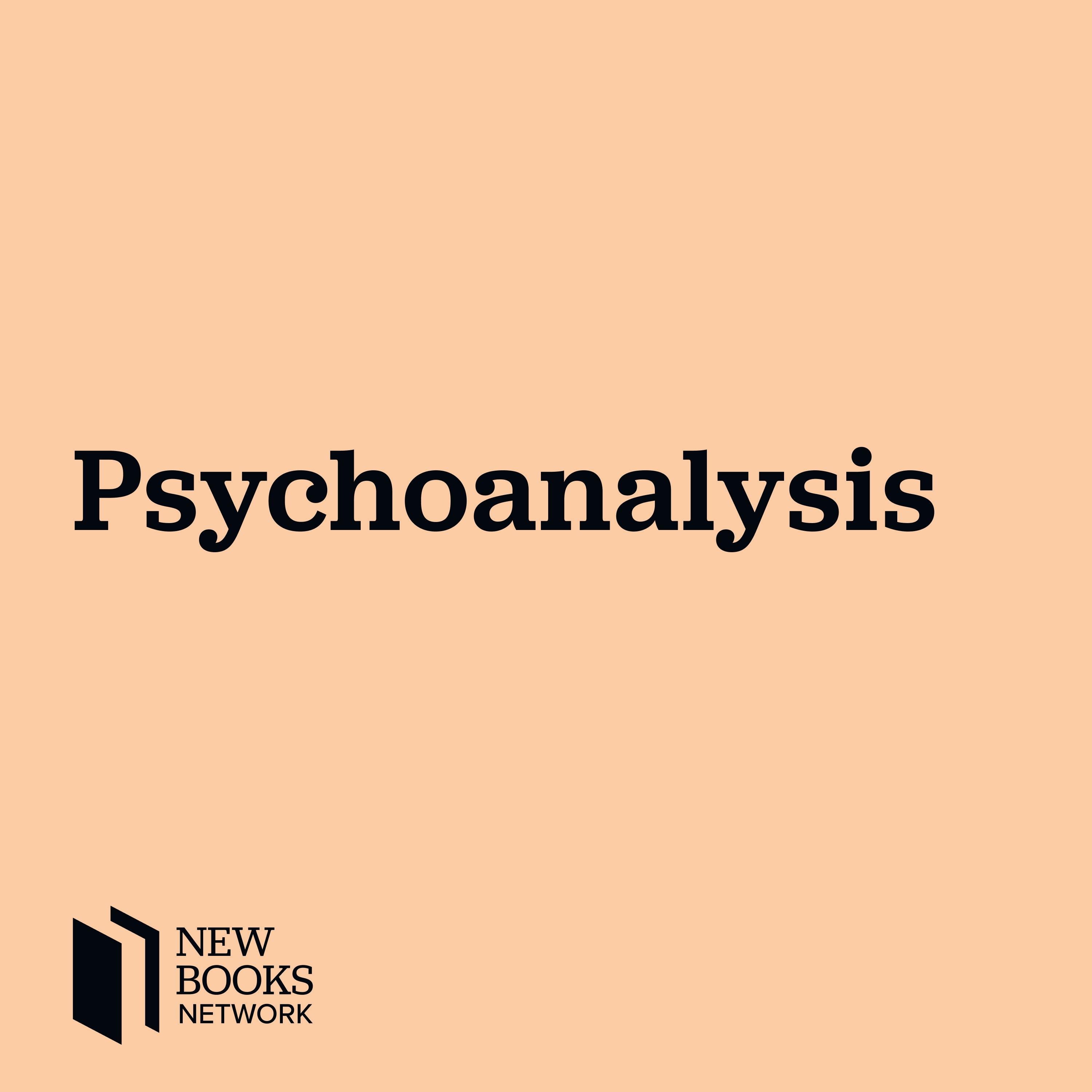A Conversation with Austin Ratner, the New Editor of "The American Psychoanalyst"
Description
Austin Ratner has an interesting background. After graduating from medical school he decided to change careers. Rather than continuing in medicine he became a fiction writer. This shift seemed to be a good decision since he won the Sami Rohr Prize for Jewish literature for his first novel, The Jump Artist. He also wrote The Psychoanalyst’s Aversion to Proof which demonstrated his thorough understanding of Freud’s brilliance as well as some of the difficulties he encountered.
Currently, Austin has taken on a new role as the editor of The American Psychoanalyst (TAP). He intends to increase the visibility of psychoanalysis by broadening the scope of issues that psychoanalysis can help solve. With the assistance of Austin Hughes who creates new ways of telling stories that inspire readers and creative designer, Melissa Overton, who has designed many impressive projects including collaborative creations at The Museum of Modern Art (MoMA), Austin and his team are redefining how powerful psychoanalysis can be to a myriad of professions.
Along with artistic and design changes, the magazine now includes regular sections on research, art and culture, work and education written in part by professional lay writers who know how to “speak” to people in other fields. A social media content manager is helping to develop strategies that are intended to engage readers by organizing and delivering digital content to online platforms.
Lucas McGranahan who was copyeditor for the old TAP is making major contributions as managing editor for the new TAP. In addition to being a vital part of this new initiative Lucas is also editor of Tableau, the humanities magazine of the University of Chicago.
Austin also has contributed to the new magazine by writing about racism and the challenges we face due to its devastating effect on all of us. In “Beyond Immolation and Infighting” he points out the fact that diversity takes work while highlighting the importance of the Holmes Commission Report, “In one of the many rhetorically powerful passages, the Holmes Report offers this gateway to a psychoanalytic understanding of systemic racism and obstacles to seeing it and stopping it” (Ratner, 2023).1
1“The Holmes Commission on Racial Equality (CO-REAP) was established within the American Psychoanalytic Association on recommendation of the Black Psychoanalysts Speak national organization. CO-REAP’s purpose is to identify and to find remedies for apparent and implicit manifestations of structural racism that may reside within American psychoanalysis. The Final Report is based on the study of American psychoanalytic institutes, training centers and societies within and across different organizational auspices.
Learn more about your ad choices. Visit megaphone.fm/adchoices
Support our show by becoming a premium member! https://newbooksnetwork.supportingcast.fm/psychoanalysis
More Episodes
Analyzed by Lacan: A Personal Account (Bloomsbury, 2023) brings together the first English translations of Why Lacan, Betty Milan's memoir of her analysis with Lacan in the 1970s, and her play, Goodbye Doctor, inspired by her experience.
Why Lacan provides a unique and valuable perspective on how...
Published 04/15/24
By viewing psychoanalysis through the lens of embodiment, Brothers and Sletvold suggest a shift away from traditional concept-based theory and offer new ways to understand traumatic experiences, to describe the therapeutic exchange and to enhance the supervisory process.
Since traditional...
Published 03/05/24
Today I spoke with Dr. Louis Rothschild about his new book Rapprochement Between Fathers and Sons Breakdowns, Reunions, Potentialities (Karnac, 2024). Our conversation moved freely between theory, generational attitudes, thinkers, and personal vignettes.
What is a good enough father? What is the...
Published 03/04/24


